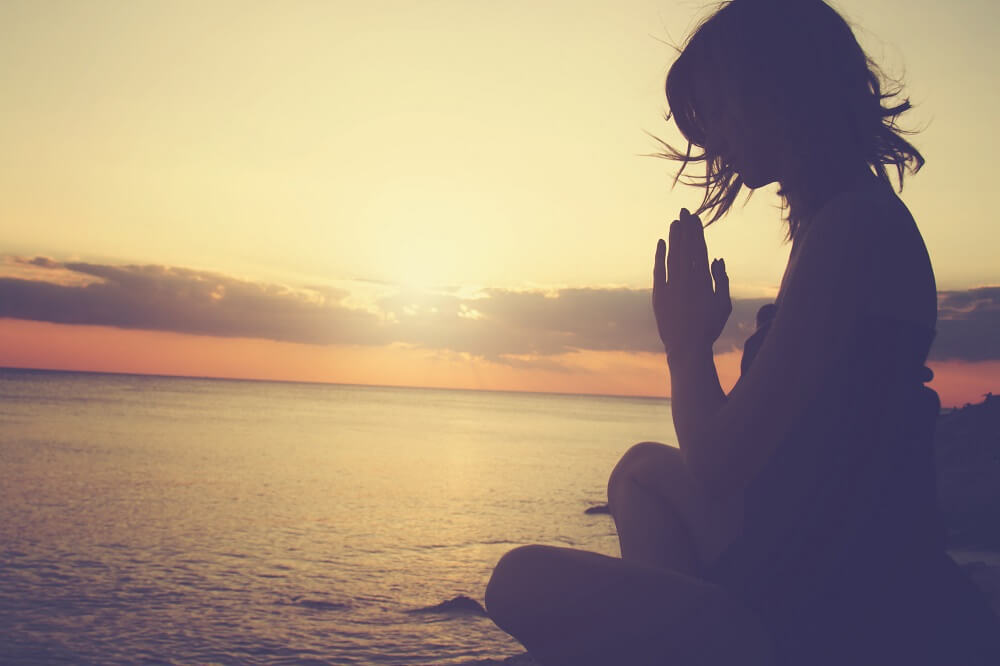Three Types of Leisure

Many people think that the word leisure is a synonym for passivity, inactivity, or no productivity. However, these ideas are wrong, since there are many types of leisure. Furthermore, even if we were to speak of complete passivity, there’d be nothing wrong with this.
The fact of doing nothing or having time to dedicate to activities that aren’t useful in terms of economic production isn’t only a right, it’s a necessity in order to maintain your physical and emotional balance. Nevertheless, some types of leisure are more enriching than others.
Unfortunately, many people reject the idea of not being busy. They may even feel restless or bored if they’re not doing something they consider to be useful. This is more the result of contemporary anguish than of an excessive sense of responsibility. Let’s take a look at three types of leisure and find out why they’re important.
“We give up leisure in order that we may have leisure, just as we go to war in order that we may have peace.”
-Socrates-

1. Restorative leisure
Restorative leisure, as its name indicates, fulfills the function of helping to alleviate the effects of a negative factor. It’s a type of rest specifically designed to rebalance yourself and reduce the impact of difficult states, such as stress, pressure, etc.
Restorative leisure involves the development of activities specifically aimed at relieving some form of emotional suffering. Included are different types of physical exercise. For example, sports, walking, or similar activities have this relieving effect.
They also include the different meditation practices, silent retreats, trips, etc. The main objective is to create certain conditions so that any sensations, ideas, or feelings that cause discomfort can be assimilated and dissipated.
2. Mental leisure
In the case of mental leisure, the purpose is no longer exactly to seek internal balance, but rather to adopt a better state of mind. It includes activities like watching a funny movie or going to see a comedy show.
Mental leisure also includes group therapies, self-help groups, and different creative activities. They’re carried out because they give you a special sense of satisfaction and have the potential to make you feel better.
Mental leisure helps you to enjoy life more intensely. It’s free time dedicated to joy and satisfaction. It’s particularly enriching when you feel somewhat overwhelmed by routine or are facing a complex situation that’s not exactly gotten out of hand, but is difficult to cope with. In these cases, your change in mood helps you to see things from a more encouraging perspective and renew your energy.
3. Social leisure
Social leisure corresponds to all those activities that are specifically dedicated to enjoying the company of other people. In this case, the emphasis isn’t on the activity being carried out as such, but on the people with whom you carry it out.
Social leisure helps you to get out of your own world and involve yourself in those of others. It’s about sharing moments with others and paying special attention to them. In other words, your interest must be fully focused on them.
In essence, it corresponds to activities such as talking, going out for a drink with friends, going to a meeting, etc. The important thing is that the central objective is to share. This means that activities that have an additional purpose, such as obtaining some help or improving your social image, etc. don’t fit here.

The importance of leisure
All types of leisure are important. That’s because they’re the break that your body and mind need in order to function. In fact, there are many serious problems that can only be solved if you pause and stop thinking about them.
Therefore, all types of leisure are a way of protecting your health. If you don’t give yourself a chance to take a break and you only concentrate on utilitarian activities or those that imply some form of commitment, there comes a point when stress will take you over. This will bring unpredictable consequences.
Leisure fulfills the role of renewing you. Of course, there are also those moments of leisure when you simply want to pass the time without doing anything particularly transcendental. These are equally as important. In fact, it’s often at these times that you generate your best ideas and attain your greatest achievements.
Many people think that the word leisure is a synonym for passivity, inactivity, or no productivity. However, these ideas are wrong, since there are many types of leisure. Furthermore, even if we were to speak of complete passivity, there’d be nothing wrong with this.
The fact of doing nothing or having time to dedicate to activities that aren’t useful in terms of economic production isn’t only a right, it’s a necessity in order to maintain your physical and emotional balance. Nevertheless, some types of leisure are more enriching than others.
Unfortunately, many people reject the idea of not being busy. They may even feel restless or bored if they’re not doing something they consider to be useful. This is more the result of contemporary anguish than of an excessive sense of responsibility. Let’s take a look at three types of leisure and find out why they’re important.
“We give up leisure in order that we may have leisure, just as we go to war in order that we may have peace.”
-Socrates-

1. Restorative leisure
Restorative leisure, as its name indicates, fulfills the function of helping to alleviate the effects of a negative factor. It’s a type of rest specifically designed to rebalance yourself and reduce the impact of difficult states, such as stress, pressure, etc.
Restorative leisure involves the development of activities specifically aimed at relieving some form of emotional suffering. Included are different types of physical exercise. For example, sports, walking, or similar activities have this relieving effect.
They also include the different meditation practices, silent retreats, trips, etc. The main objective is to create certain conditions so that any sensations, ideas, or feelings that cause discomfort can be assimilated and dissipated.
2. Mental leisure
In the case of mental leisure, the purpose is no longer exactly to seek internal balance, but rather to adopt a better state of mind. It includes activities like watching a funny movie or going to see a comedy show.
Mental leisure also includes group therapies, self-help groups, and different creative activities. They’re carried out because they give you a special sense of satisfaction and have the potential to make you feel better.
Mental leisure helps you to enjoy life more intensely. It’s free time dedicated to joy and satisfaction. It’s particularly enriching when you feel somewhat overwhelmed by routine or are facing a complex situation that’s not exactly gotten out of hand, but is difficult to cope with. In these cases, your change in mood helps you to see things from a more encouraging perspective and renew your energy.
3. Social leisure
Social leisure corresponds to all those activities that are specifically dedicated to enjoying the company of other people. In this case, the emphasis isn’t on the activity being carried out as such, but on the people with whom you carry it out.
Social leisure helps you to get out of your own world and involve yourself in those of others. It’s about sharing moments with others and paying special attention to them. In other words, your interest must be fully focused on them.
In essence, it corresponds to activities such as talking, going out for a drink with friends, going to a meeting, etc. The important thing is that the central objective is to share. This means that activities that have an additional purpose, such as obtaining some help or improving your social image, etc. don’t fit here.

The importance of leisure
All types of leisure are important. That’s because they’re the break that your body and mind need in order to function. In fact, there are many serious problems that can only be solved if you pause and stop thinking about them.
Therefore, all types of leisure are a way of protecting your health. If you don’t give yourself a chance to take a break and you only concentrate on utilitarian activities or those that imply some form of commitment, there comes a point when stress will take you over. This will bring unpredictable consequences.
Leisure fulfills the role of renewing you. Of course, there are also those moments of leisure when you simply want to pass the time without doing anything particularly transcendental. These are equally as important. In fact, it’s often at these times that you generate your best ideas and attain your greatest achievements.
All cited sources were thoroughly reviewed by our team to ensure their quality, reliability, currency, and validity. The bibliography of this article was considered reliable and of academic or scientific accuracy.
Cabeza, M. C. (2016). Las culturas del ocio. Revista Brasileira de Estudos do Lazer, 1(1), 3-19.
This text is provided for informational purposes only and does not replace consultation with a professional. If in doubt, consult your specialist.







